Wake Up Wisdom* #4
“The fool and the wise person are not separate. They’re only different in their degrees of freedom and happiness.”
Question: There is a line in the Sutra on Happiness: “Not to be associated with the foolish ones, this is the greatest happiness.”
I have wondered, “Who is ‘the foolish one’?” What if you find a ‘fool’ in your Sangha? And how do you create a healthy separation from others in light of embracing Interbeing?
Response from Brother Chân Pháp Lưu (Brother Stream)
Perceiving Buddha Nature
In our tradition, we have the teaching of seeing the Buddha nature in everyone. So, when I look at myself and others with the eyes of impermanence and non-self, I see that I have foolish elements within me. But I also know that I have a degree of freedom and happiness.
As we sit here, I practice with both of these elements. When we offer these “question and answer” sessions, we are really going in the direction of sharing the happiness and freedom in our hearts. And that is also why we are here as practitioners. Otherwise, if we haven’t touched happiness and freedom, then what is the point of being in a Sangha and what is the point of practicing mindfulness?
Obscuring the Truth
While considering the Sutra on Happiness, I first look at the fool inside myself: my perceptions, ideas about myself, and ideas about other people. I can’t begin to recognize the aspect of the fool in other people if I don’t acknowledge the fool in myself. In fact, I will be a fool if I label others as fools and don’t see the fool in myself.
The Buddha had an insight while looking inside himself and seeing the ways in which he was painting over reality. We similarly have the tendency to paint over the truth in every moment; it’s the nature of our minds. So, that line in the sutra for me is an invitation to see what kinds of images my inner fool is painting onto the world that are obscuring my vision of how things are, rather than about judging other people.
Attuning to Reality
We are always filling in information from our experience of happiness and suffering in the past and we feel like we’re experiencing reality—the really real. But Thắy always asks us the question: “Are you sure?” That question invites us to look more deeply and see how I am painting my reality to the way I want to see myself.
Maybe I only want to see the good side of myself, so I paint the reality in that form: in the way I speak, in the way I relate to other people. And I might get caught in a kind of view of superiority as a result. At other times, we might paint the view of ourselves where everyone is better than us. We feel like we’re not worth anything and we get caught in the complex of inferiority. Without looking deeply, we may also get confined by the complex of equality.
These three kinds of complexes are all the aspects of the fool inside of me. I play the fool by getting caught in any complex. Superiority, inferiority, even equality: they obscure my vision of what’s actually going on.
It may be beneficial to practice mindful breathing on this:
Breathing in, I’m aware of my body.
Breathing out, I smile to my body.
I accept my body just as it is: with its illnesses, with its weaknesses, with its strengths.
That, to me, is ‘not associating with fools.’ Coming back to the present moment and getting in touch with what is going on—what is really going on—again and again, is very helpful. It can help us recognize when we’re just painting our reality like a producer of a film. We just want the painting and we intend to hide all the rough edges, all the uncut material, all the compost, away in an archive. Instead, the Buddha is always inviting us to embrace everything—even the fool.
Practicing Freedom
As a young person, I had to make some decisions about who I wanted to be around on a daily basis. For example, I had many friends in university who seemed like they just wanted to drink alcohol when they came together. I didn’t want to be the only one drinking my water or juice, and somehow judging others by seeing them get drunk and then say foolish things. As a result, early in my mindfulness practice, I made the decision to go to a practice center. I wanted to cultivate a new way of living, to look into a new kind of community life and find a good environment to nourish my practice.
But eventually, I also needed to look into these aspects of myself. When I think of those friends now, I realize that they are also in me: that one who wants to get drunk and just forget about reality, he is also inside of me. Once my practice became more solid and I knew how to nourish my mind, then I could go back and get in contact with those friends. And to the degree that I have freedom and happiness, I could impact their lives by being a light for them. Not through my judgment, but rather just through my way of breathing, my way of smiling, and my way of walking freely on the Earth.
Therefore, when we are starting out in the practice, it is really helpful to find a Sangha. But it’s not for the purpose of judging fools, but rather for seeing that fool inside of ourselves and learning how to bring them out and to touch the way things truly are. Then, that fool can become a kind of wise person. The fool and the wise person are not separate. They’re only different in their degrees of freedom and happiness.
That’s a beginning of an answer. That’s my own experience with the fool in myself.
Transcribed by Elaine Fisher and edited by Himdeep Singh and Erica Fugger.
*In our series Wake Up Wisdom you can read the responses to heartfelt questions posed by young sanghabuilders during a Q&A with monastics at the International Wake Up Ambassadors Online Retreat in 2020. We would like to encourage you – the readers – to offer your own experiences and insights when practicing with this topic in the comments section below, so that our community can benefit from collective insight.
Also see
Wake Up Wisdom #1 How to Balance Work and Self-Care
Wake Up Wisdom #2 Learning to Trust
Wake Up Wisdom #3 Opening My Heart to Different Perspectives



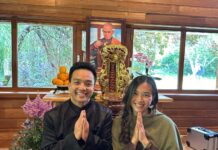

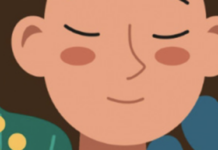


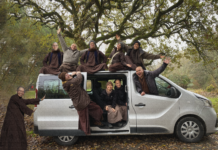







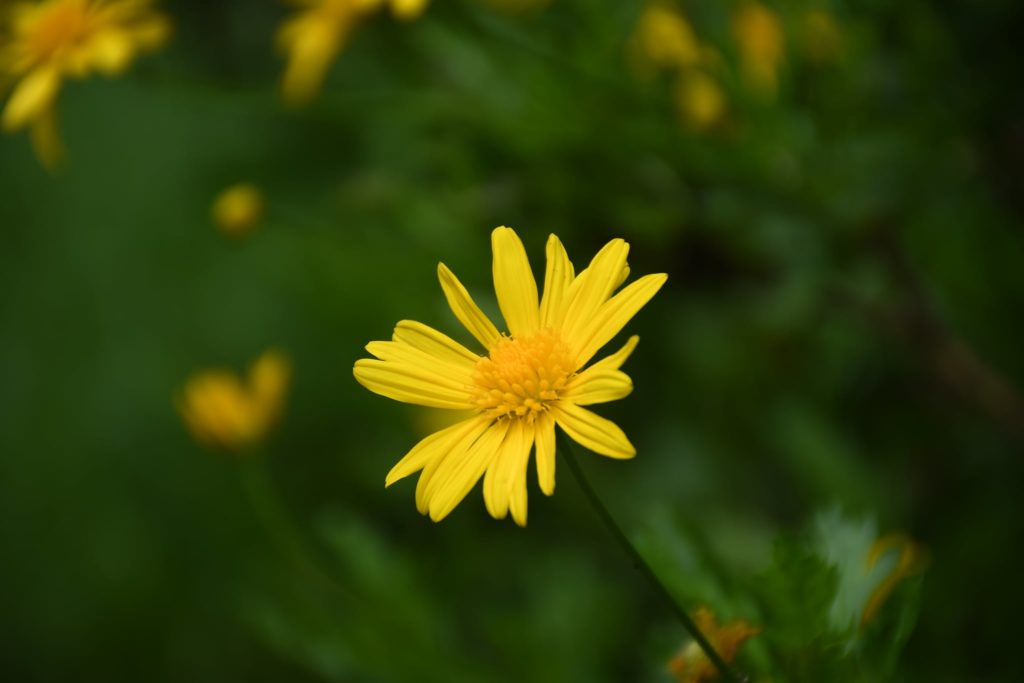
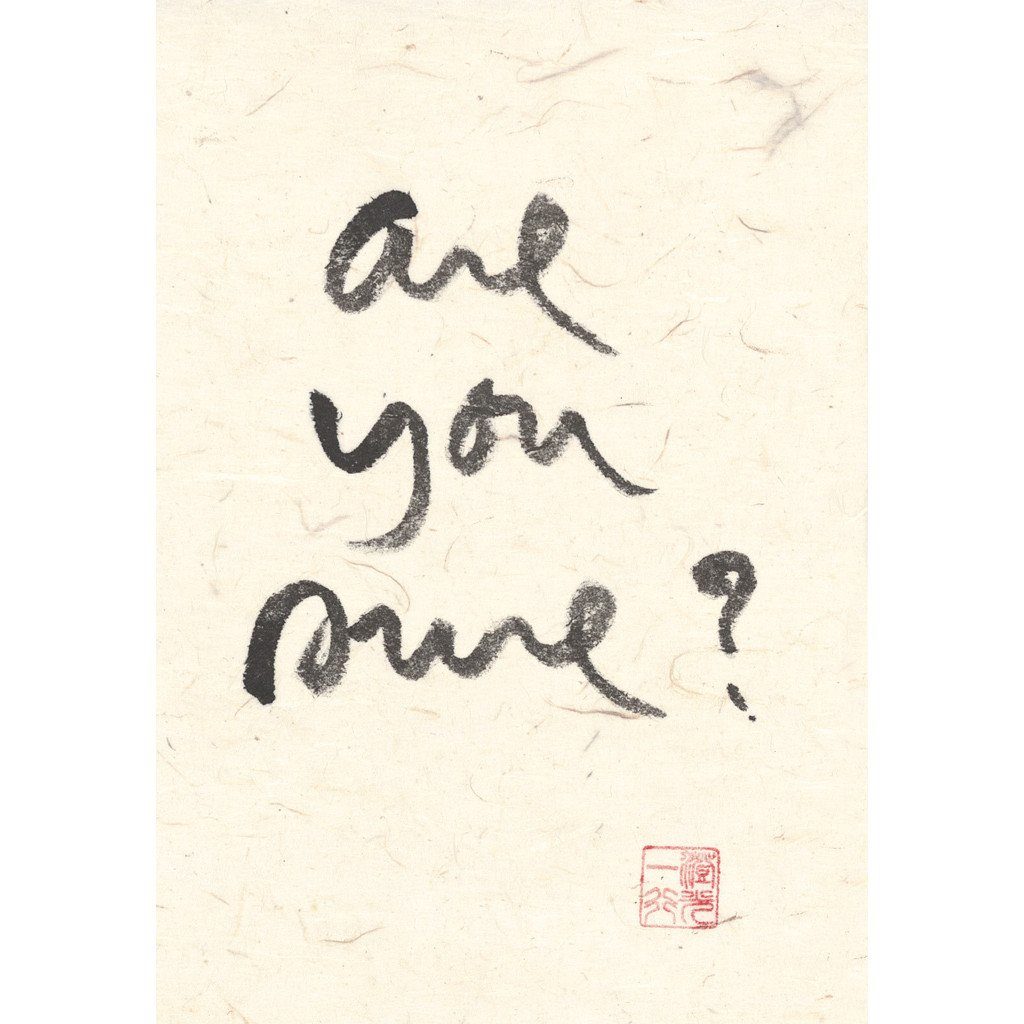
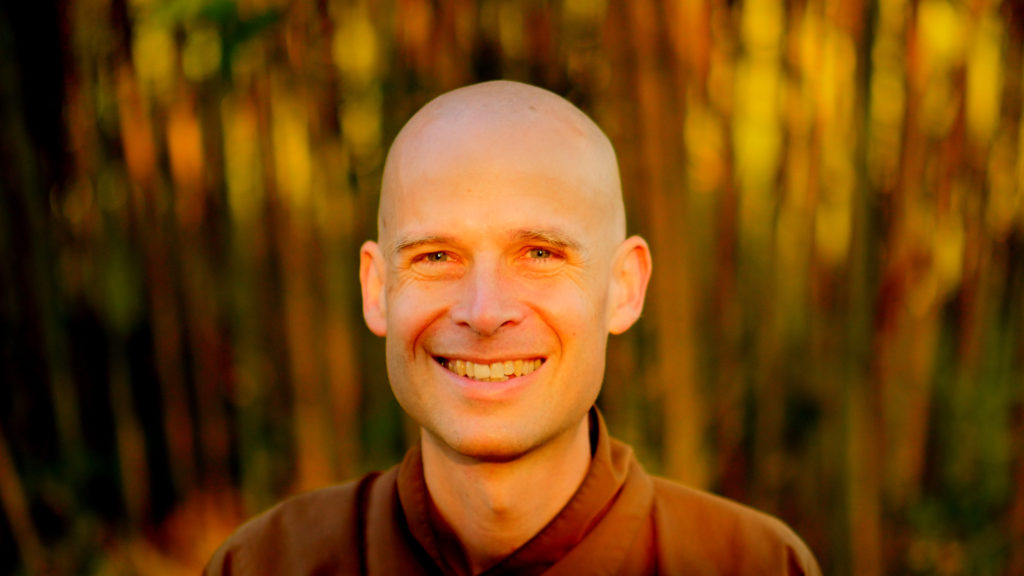
Inspiring answer!
One always has to consider that we carry all those negative seeds in ourselves. The fool on a Hiil , like the song.